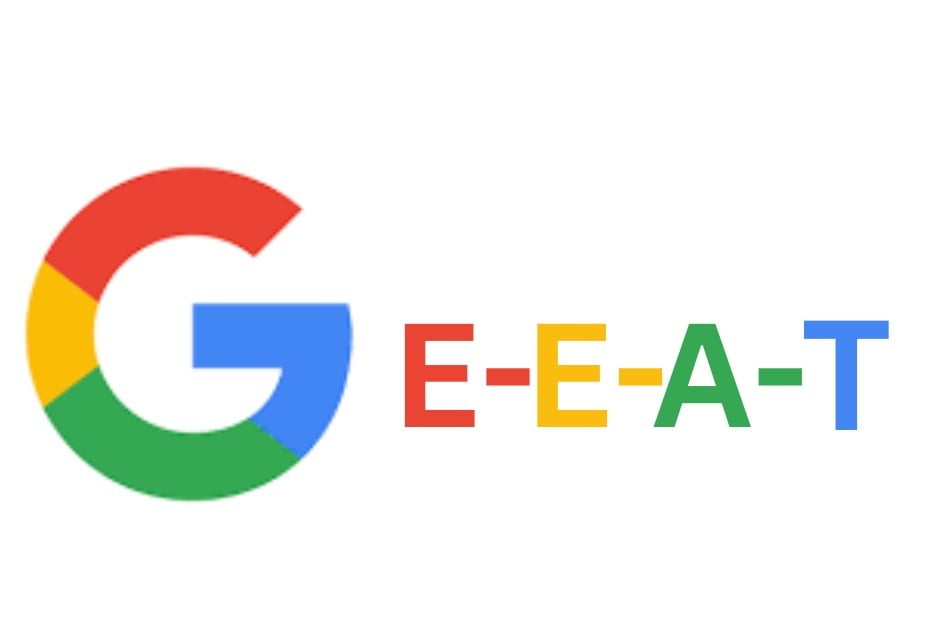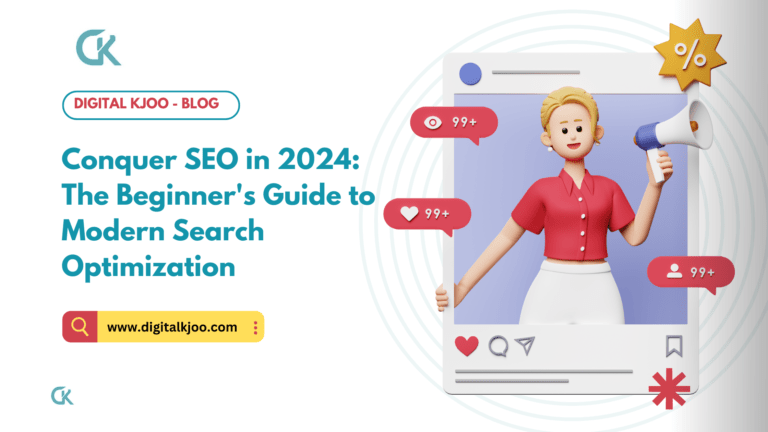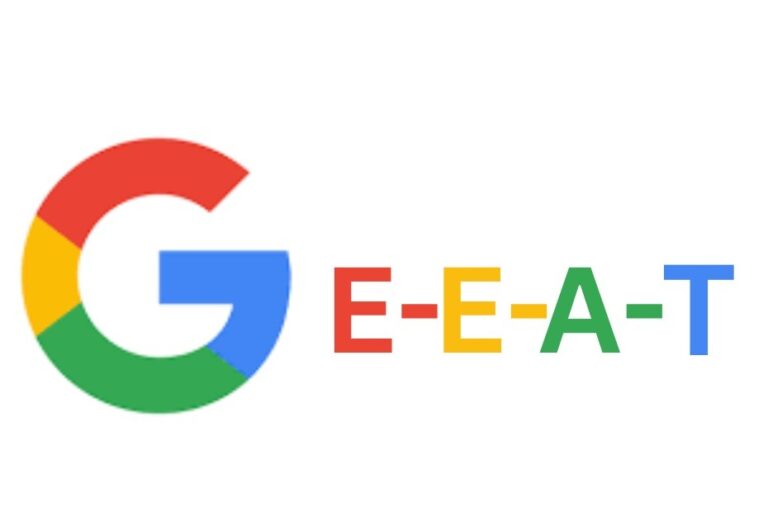Takeaways
- What are the pillars of E.E.A.T?
- Explaining experience, expertise, authority and trustworthiness.
- How to create content with strong E.E.A.T.
E.E.A.T 101 : What is it ?
E.E.A.T is a set of guidelines used by Google’s human raters to evaluate the quality and relevance of search results. It stands for Experience, Expertise, Authoritativeness, and Trustworthiness. Understanding and incorporating the principles of E.E.A.T into your content can help improve its visibility on Google Search.
- Introduced in 2014, Google added an additional “E” for Experience in 2022 to better assess the quality of its search results.
- E.E.A.T is closely related to the concept of topic authority. By producing content that demonstrates experience, expertise, authoritativeness, and trustworthiness in a particular subject area, a publication can build its authority and improve its visibility on Google Search.
- This is particularly important for Your Money or Your Life (YMYL) topics, which concern a person’s future happiness, health, financial stability, or safety. For these topics, providing accurate and trustworthy information is crucial to avoid causing harm.
E.E.A.T is an important concept for content creators to understand and incorporate into their work to improve their visibility on Google Search. By demonstrating experience, expertise, authoritativeness, and trustworthiness in their content, creators can build their authority and improve their search rankings.
Why E.E.A.T matter for SEO?
E.E.A.T is a human-centered, audience-first concept that focuses on providing accurate and trustworthy information to users. It is particularly important for Your Money or Your Life (YMYL) topics, where providing incorrect information could have real-life negative consequences.
Publications that provide quality information should show up in search above non-expert sources. It’s essential that these search results serve trustworthy information, not misinformation on queries that affect people’s lives. This means that YMYL content should be regularly updated to ensure its accuracy over time.
For readers seeking information on sensitive topics such as saving for retirement or starting to exercise after childbirth, it’s crucial that Google directs them to sites with correct information. Pages “with no attempt to help users” are considered the lowest quality by Google. These spammy, low-quality URLs don’t fulfill search intent and provide no value to the reader.
Focus on the reader, not the algorithm. If the content you produce does not have strong E.E.A.T signals, it may not be worth producing. In summary, E.E.A.T is a crucial concept for content creators to understand and incorporate into their work. By focusing on providing accurate and trustworthy information to their audience, creators can improve the quality of their content and better serve their readers.
Key Understandings:
- E.E.A.T is essential for surfacing truthful information on sensitive topics such as saving for retirement or starting to exercise after childbirth.
- Pages with no attempt to help users are considered the lowest quality by Google. These spammy, low-quality URLs don’t fulfill search intent and provide no value to the reader.
- Focus on the reader, not the algorithm. If the content you produce does not have strong E.E.A.T signals, it may not be worth producing.
The E.E.A.T pillars
Experience
What is it: Experience refers to the first-hand experience of the content creator with the topic areas. The second “E” for Experience was added to the E.A.T. acronym around the time when generative AI, such as ChatGPT, entered the scene. It is likely that Google added this second “E” to emphasize the importance of human-created content.
What to consider: The author’s personal experience with the topic they are writing about is an important factor in establishing trust with their audience. For example, if the author is a travel blogger or restaurant reviewer, it is important that they have actually tried the hotels or restaurants they are recommending. This first-hand experience can be communicated through language such as “When I did my testing…” or “I experienced this with the product…”.
- For travel or food bloggers, this could include phrases like “When I checked into the hotel…” or “My first course was…”
- Language that reflects first-hand experience signals trust for both Google and readers.
- AI cannot experience the real world, so it is important to make your content visibly human by including details about your personal experiences.
Including details about your personal experiences with the topic you are writing about can help establish trust with your audience and improve the credibility of your content. By using language that reflects your first-hand experiences, you can make it clear that you are a person out in the world, basing your ideas on tactile experiences.
Expertise
What is it: Expertise refers to the depth of knowledge and level of skill that an author has on a particular topic. It is an important factor in establishing the credibility and trustworthiness of the content they produce.
What to consider: The author of the content and their level of expertise in their field is an important factor in establishing the credibility and trustworthiness of the information they provide. A go-to source with credentials to back up their expertise can provide accurate, reliable, and insightful information to their audience.
- Review authorship across your site to ensure that articles have clear bylines and author pages are robust with complete schema.
- Communicate how a story was produced at the story level. Consider including a methodology sidebar to explain the process, including who was involved, how long it took, and the rigor of the reporting.
- Provide additional content, such as a video, text, or podcast, to further explain the project and its production.
Clearly communicating the expertise of the author and the process behind the production of a story can help establish trust with your audience and improve the credibility of your content. By providing additional information about the author and the production process, you can help readers better understand and evaluate the information they are consuming.
How Google know: Expertise is evaluated at the article level, especially for Your Money or Your Life (YMYL) topics. Including photos or videos of the author immersed in the topic, such as testing a product or experiencing a place, can help establish their expertise.
Placelines that indicate a journalist reported from a specific location can also serve as a useful trust signal. These elements can help readers better understand and evaluate the information they are consuming.
Authoritativeness
What is it: Authoritativeness refers to the overall reputation of a publication. It measures the level of trust and respect that a publication has earned within its field or industry.
What to consider: The reputation of a publication is an important factor in establishing its authoritativeness. A well-known and respected publication with reporters who are integrated into society is considered more authoritative than a publication that is just getting started. The level of recognition and respect that a publication has earned within its industry and among its audience can help establish its credibility and trustworthiness as a source of information.
How Google know: Authoritativeness is a measure of the overall reputation of a publication. Signals of authority include the number of backlinks from reputable sites, reach on social platforms, and branded search volume for the publication. Google analyzes the entire publication, along with its reporters, to determine a site’s authoritativeness.
Google considers factors such as whether the outlet is an authority in news and business reporting and whether other sites or social media outlets are talking about its reporting. By demonstrating strong signals of authority, a publication can establish itself as a reliable and credible source of information.
Trustworthiness
What is it: The overall reliability and honesty of a site and the content it produces. It is important for a site to produce factually correct and honest content in order to establish trust with its audience. A trustworthy site is considered a reliable and credible source of information on the topics it covers.
What to consider: The responsibility for the content lies with the content author, the content itself, and the overall website. For news articles, it is important that the information is factually accurate and supported by expert consensus. Authorship can be a trust-building exercise.
- Trust is earned through accurate and compelling reporting.
- Telling readers how and why you came to know something can be important in gaining trust, especially on sensitive or complex stories.
- Consider creating a sidebar that explains key takeaways, the reporting process, and how you arrived at core findings. This can demonstrate why your reporting can be trusted.
Establishing trust with your audience is crucial for building credibility and reliability as a source of information. By providing transparent and accurate reporting, you can help readers better understand and evaluate the information they are consuming. Providing additional details about the reporting process and how you arrived at your findings can further strengthen trust with your audience.
How Google know: Google evaluates the trustworthiness of a site by looking at factors such as who else has linked to the site and whether they are considered trustworthy. Google also considers the overall health and security of the site.
For example, a shopping page with an insecure checkout connection may be considered untrustworthy. By ensuring that your site is secure and has high-quality backlinks from reputable sources, you can improve its trustworthiness in the eyes of Google.
Writing content with E.E.A.T
Expert content is created by understanding the user’s search intent and conducting keyword research to identify their questions. Once these questions have been identified, expert content provides helpful and relevant information from authoritative sources to answer them.
By providing accurate and insightful information, expert content can help users find the answers they are looking for and improve their understanding of the topic at hand.
When writing, think about:
1. Purpose:
The purpose of a piece or page is to provide helpful and relevant information to the user based on their search intent. By conducting keyword research, you can identify the questions that readers have and then answer them with expert reporting.
Aim to create high-quality content, such as topic pages and pillar pages, and ensure that everything is linked together to demonstrate your authority on the subject. By providing accurate and insightful information, you can help users find the answers they are looking for and improve their understanding of the topic at hand.
2. Expertise:
When it comes to high-stakes topics such as money or health, it is important to consult a diverse set of expert voices to provide accurate and reliable information.
By including insights and perspectives from experts in the field, you can add value to your content and answer reader questions with confidence. This can help establish trust with your audience and improve the credibility of your content.
RECOMMENDED READING:
- Google: The search giant announced an August 2023 core update. It’s the second core update of the year. Rollout of the update has started and is expected to take two weeks to complete.
- The company also updated its documentation regarding file types indexable by Google to include CSVs.
- Google Showcase data is now available (in Showcase and Google Search Console).










